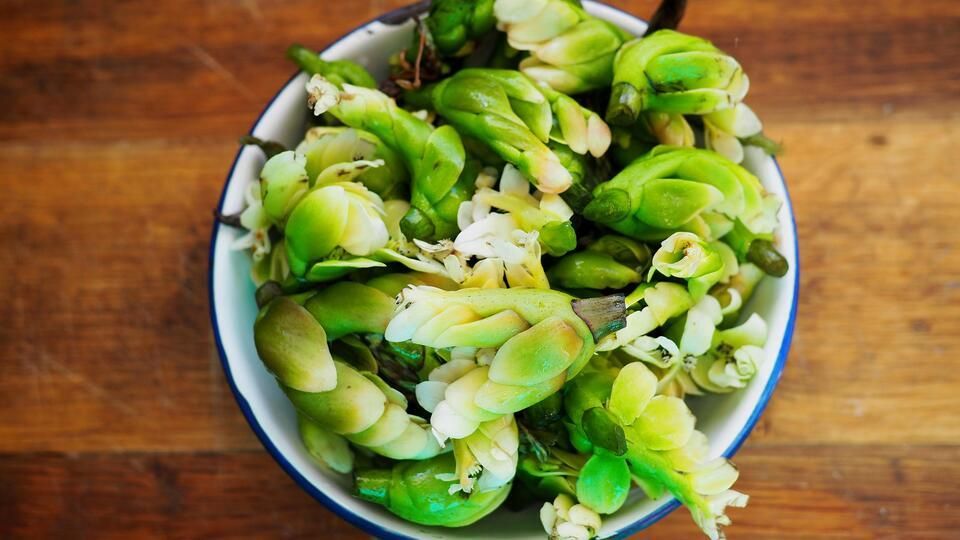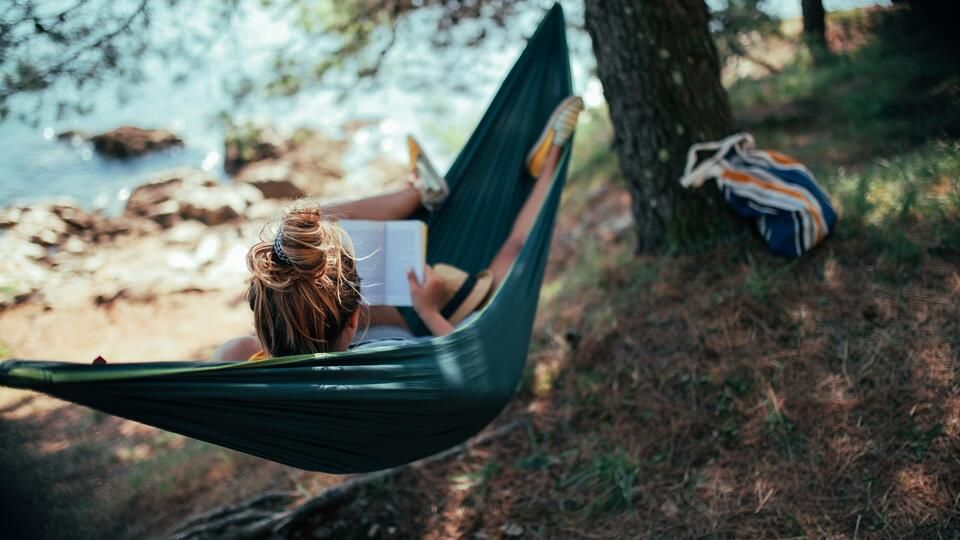The latest and final episode of Habits of Gen Z tackled questions of the future, including climate change. Much like the rate of climate change has been accelerating, so has the passion and commitment in the fight not only to mitigate and adapt to human-induced climate change but also in the fight for climate justice. The latter movement encompasses issues beyond the environmental implications, taking into account social and political implications too.
But none of these issues – be they environmental, social, or political – are in the future. They’re happening right now, as evidenced by extreme weather events such as hurricanes, droughts, and floods. At this very moment, the world finds itself embroiled in the COP28 Climate Change Conference in Dubai where nations are trying to take stock of their attempts at fulfilling the Paris Agreement.
All sound like a little too much? It can be, and the concerns we have about climate change and its impacts have led to the term climate or eco-anxiety being used to express anxious feelings around this topic, often coupled with rage and grief. If you feel like it’s all getting too much for you but don’t want to turn away from the ever-relevant issues we face, here are a few things you can do to take a breather and regroup while remaining informed and positive about your position.
Connect with nature
Green spaces and spending time outdoors have been known to reduce stress. Luckily, we live in a country with many wide, open spaces that allow us to go on a hike, walk on the beach, visit a game reserve, or merely tend to our gardens. Sadly, time and access to these activities can be a problem for many in a country rife with inequality, as Habits of Gen Z illustrates with the segment on the difference in air quality between the poorer and more affluent regions of Cape Town. But inspiring individuals like Yola Mgogwana, who features in the final episode, are moving the needle on bringing green change to their neighbourhoods while empowering young individuals around them.
Eat more plants
Animal agriculture comes with a plethora of negative environmental impacts, so incorporating more plants into our diet can go a long way in managing habitat loss, protecting biodiversity, and controlling greenhouse gas emissions. That doesn’t mean you need to become a vegetarian. After all, what would South Africa be without its braais, shisanyamas, mopane worms, Karoo lamb, and kingklip? It’s not just about respecting culture, but also about acknowledging the access and reliance people have on certain foods – just think of the lives and livelihoods of the millions of people who rely on fishing.
But also remember that South Africa is home to pap en sous, magwinya, dombolo, morogo, isijingi, mosbolletjies, waterblommetjies, and tomato bredie. Let’s remember too, the listeriosis outbreak of a few years ago, and this year’s chicken and egg fiasco. So open your mind (and your mouth) and experiment a little. Make a vegetarian potjie or bunny chow. Whip up a lentil bobotie. Stuff your vetkoek and samosas with vegetables. Eat samp and beans. There’s so much you can do and, bonus, it’ll prep you for whatever crazy meat-based disaster hits next.
Read
If you can’t get outdoors for a green stroll, pick up a good book. Reading also reduces stress. Additionally, it can aid sleep, alleviate depression, and increase empathy as we relate and connect to the characters whose lives we become a part of. It’s also become a great place for words and ideas to intersect with climate change: the incorporation of the subject into narratives has become so prolific, it’s become a sub-genre, known as climate fiction or cli-fi. Some great examples include Tentacle by Rita Indiana, The Overstory by Richard Powers, and The MaddAddam Trilogy by Margaret Atwood.
Books provide fresh perspectives and deepen our understanding of important subjects. If you’re feeling overwhelmed by all the information out there, stop doom scrolling and pick up a non-fiction book instead. Start with Rachel Carson’s Silent Spring. Published in 1962, this stunning book focuses on the havoc wreaked by pesticides and is often credited with kickstarting the environmental movement. If you want to branch out with more books about sustainable agriculture, check out The Dragonfly Will Be the Messiah by Masanobu Fukuoka or Braiding Sweetgrass by Robin Wall Kimmerer.
For an in-depth look at the climate crisis from a social, environmental, and political perspective, Naomi Klein’s This Changes Everything is a must. Or consider the impact of climate change on species extinction by placing The Sixth Extinction by Elizabeth Kolbert, Resurrection Science by MR O’Connor, or Last Chance to See by Douglas Adams and Mark Carwardine on your Christmas wish list.
Be proactive: Do nothing
Turn anxiety into action by doing … nothing. It may sound like a contradiction in terms, but with overconsumption driving climate change, focusing on the sustainability Rs (reduce, reuse, recycle, repair) is key. With the festive season on the way, it may seem like the worst time of year for this goal; but considering the waste and overconsumption the season creates, there’s no time like right now to remain mindful. The fewer things we buy, the less we contribute to the consumption cycle that leads to the pollution and destruction that drive climate change. So don’t waste food; avoid fast fashion; don’t use oodles of sticky tape on your gifts, and don’t bother with the paper straw, just don’t use one at all. But also bear in mind: don’t berate yourself (or others) along the way. It’s about progress, not perfection.
Missed the final episode of Habits of Gen Z? Catch up on DStv Stream here. Join the conversation on Facebook, X, Instagram, and TikTok using #habitsofgenz.


